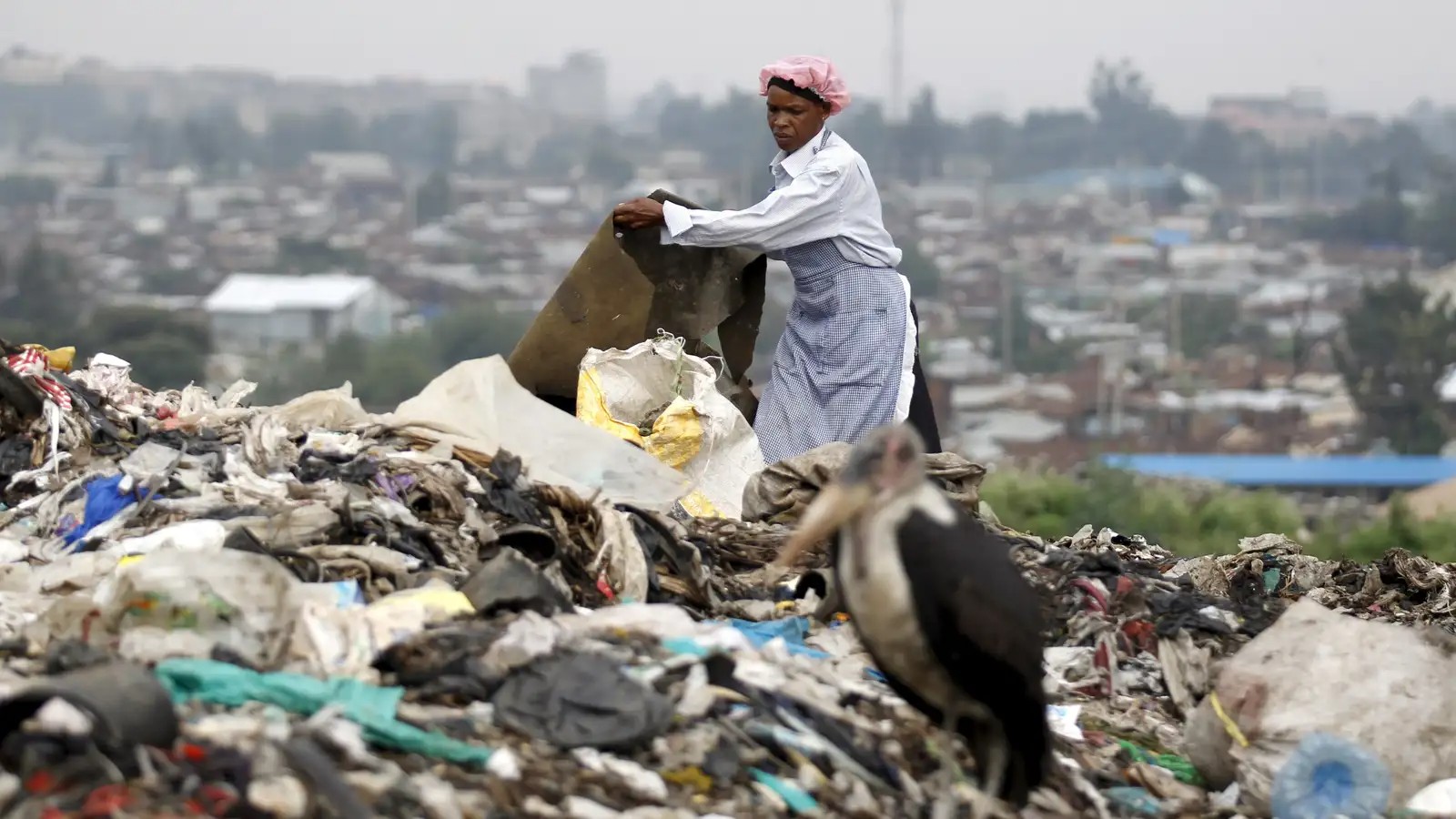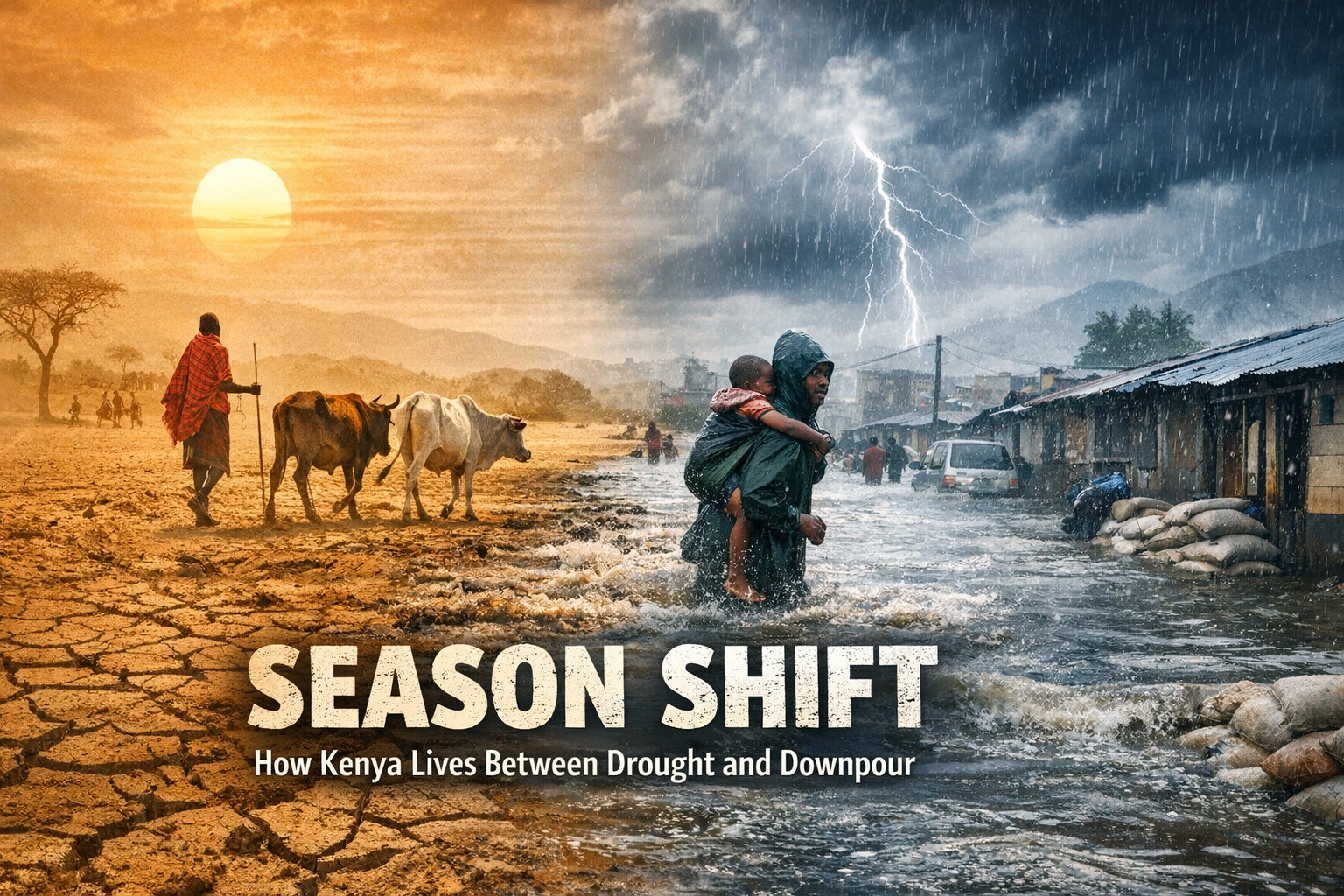- The recent floods in Nairobi were primarily attributed to poor waste management and illegal dumping that blocked drainage systems and destroyed infrastructure, causing significant property and business losses.
In recent days, community-based organizations, traders, and activists across Kenya have been urging the government to manage and collect waste more effectively. The capital city of Nairobi, in particular, has been grappling with the challenges of waste management.
Its informal settlements and roads have been converted into illegal dumping sites, hindering transportation in some areas. Despite these issues, the city-county government has been slow to take action.
Nairobi is estimated to produce around 2,500 tons of solid waste daily. However, this waste could be converted into valuable resources, such as energy, which would reduce the emission of greenhouse gases that contribute to climate change. Proper solid waste management plays a crucial role in combating climate change.
In collaboration with national and county governments, the public should develop coordinated ways to raise awareness about the importance of effective waste management for the environment and public health. Educating citizens on reducing waste production, reusing, and recycling can lead to more prudent resource use.
Students in higher learning institutions should engage in research activities to develop the best ways of managing and disposing of waste. With funding and research materials from stakeholders, they can come up with solutions to save the planet from the effects of poor waste management on climate change.
Read More
The recent floods in Nairobi were attributed to poor waste management and illegal dumping that blocked drainage systems and destroyed infrastructure, causing significant property and business losses.
Increased health hazards, such as waterborne diseases and malaria, as well as reduced tourism due to aesthetic issues, can be avoided through effective waste management and strict enforcement of environmental laws.
Addressing climate change through improved waste management requires the efforts of all stakeholders, including individuals, the private sector, NGOs, the government, and civil organizations.
Tax incentives or exemptions should be provided to companies willing to manage and convert solid waste into helpful resources, such as energy or electricity, which can play a significant role in combating climate change.
Proper waste management leads to a better quality of life due to suitable climatic conditions and reduced pollution.







